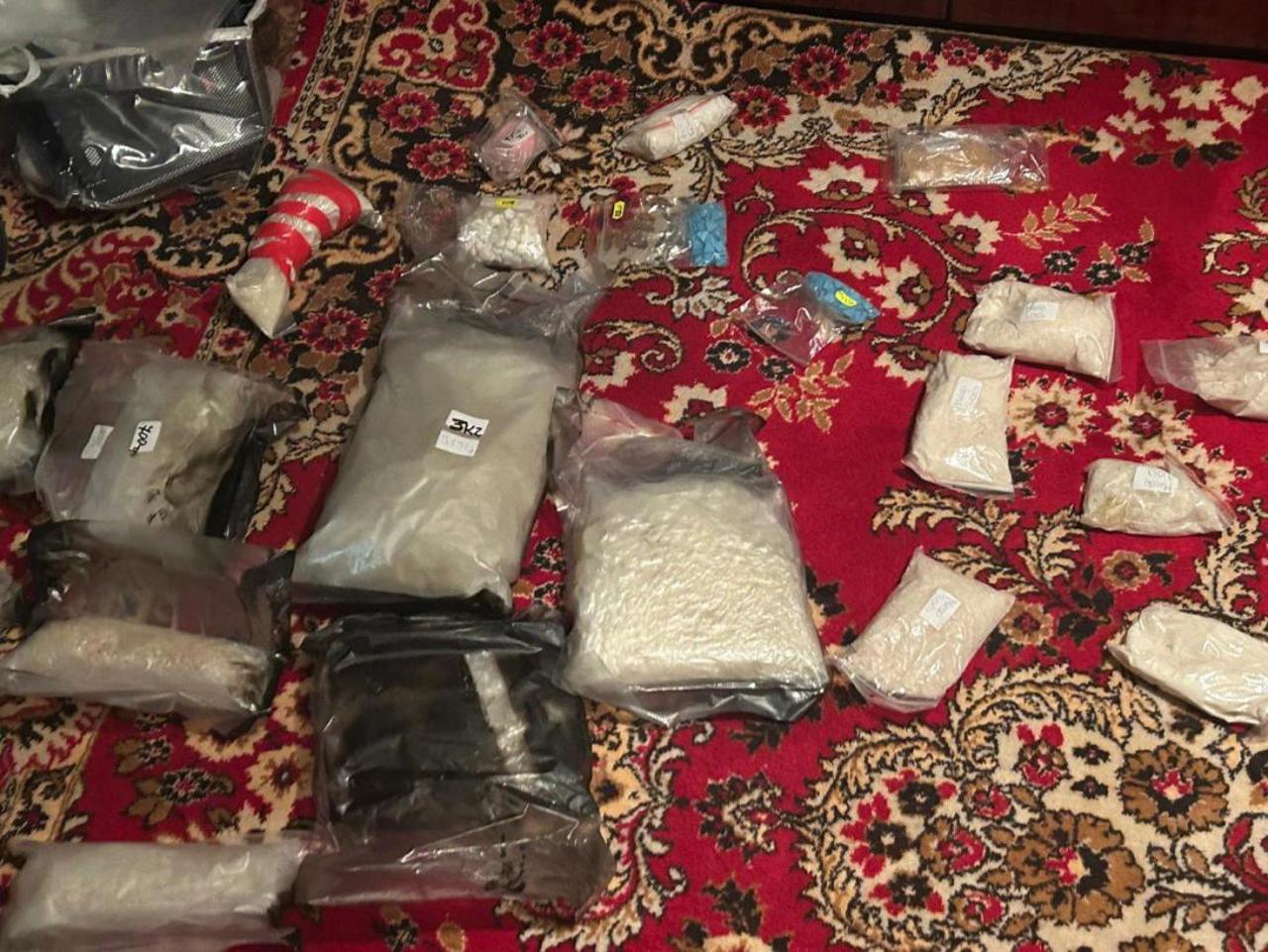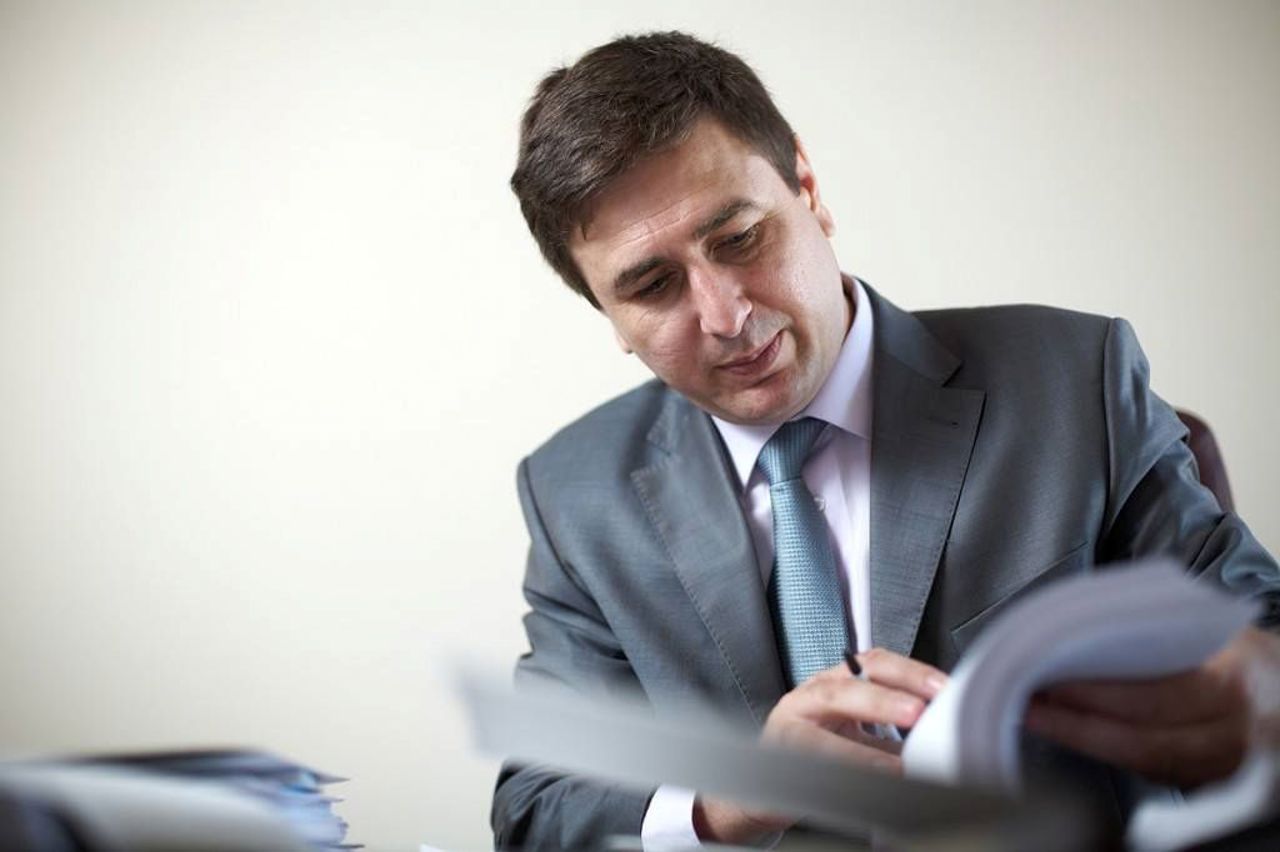Global impact of Zelenskyy's metaphoric Putin critique
The majority of international publications are analysing the message delivered by the Ukrainian President at the Davos World Economic Forum.

The press describes the impact of Kiev's leader's speech on the danger looming over Europe and the world due to the hesitations of certain Western allies to continue supporting Ukraine against Russian military aggression. European newspapers also highlight the compromise reached by authorities in Warsaw and Bucharest with protesting farmers from Poland and Romania, resulting in the unblocking of border crossings with Ukraine. Lidia Petrenco has monitored the coverage of these events in major publications and reports.
The metaphorical statement, "Putin is a predator not satisfied with frozen food," made by the Ukrainian President at the Davos Economic Forum, has become the headline for many foreign news outlets. BBC notes that Volodymyr Zelenskyy's message was directed, especially at world leaders hesitant to continue military support for Ukraine, hoping that freezing the conflict will bring peace. The Russian service of the British corporation observes that Zelenskyy unusually targeted the Russian President, using harsh rhetoric for an event like the World Economic Forum. BBC lists some of the sharp remarks in which the Ukrainian President described Putin: "A man who has stolen at least 13 years of peace from humanity, causing pain and crises affecting the entire world," "The idea that a united world is weaker than the hatred of one person must be shattered," "Putin will not change. Only people are capable of that." Despite being in stark contrast to the usual rhetoric at the Economic Forum, these statements impressed the audience, and Zelenskyy received prolonged applause from those present, writes BBC. While this doesn't mean the long-awaited Western aid will arrive in Kiev tomorrow, the reaction of global elites indicates that the claims of Western fatigue in supporting Ukraine are exaggerated, concludes BBC.
Supporting Ukraine, the West defends its own security, highlighted NATO Secretary-General Jens Stoltenberg at the Davos Forum, as reported by Reuters. The news agency notes that President of the European Commission Ursula von Der Leyen also made a call for solidarity, expressing confidence that Ukraine can win the war if it continues to receive military and financial support.
At the Davos Forum, U.S. National Security Advisor Jake Sullivan delivered a message from President Joe Biden to Volodymyr Zelenskyy, according to Bloomberg. According to sources of the American publication, the Washington administration urges Ukraine to shift its strategy on the battlefield from offensive to defensive. "Zelenskyy understands that this idea makes sense but prefers not to discuss it publicly. So, he was supposed to convey to Biden through Sullivan that the new strategy can succeed only if the United States provides Ukraine with the support it needs," writes Bloomberg.
Kiev has legitimate reasons to be concerned about future support from allies, especially from the United States, signals NBC News. The American TV station emphasises that after winning the Republican primary elections in Iowa, former President Donald Trump promised to "very quickly" resolve the Russo-Ukrainian military conflict if he returns to the White House after the presidential election in the fall.
UNIAN agency also reminds that Trump has repeatedly stated his willingness to block military and financial aid to Ukraine in the name of ending the war, even at the cost of ceding territories currently occupied by Russia.
The New York Times reports that President Joe Biden has invited Congress leaders to a meeting at the White House to discuss his funding request for Ukraine, Israel, and the U.S.-Mexico border security. According to the publication, President Biden and his advisers have warned Congress members that blocking funding for Kiev could lead to a victory for Russian President Vladimir Putin, whose troops invaded Ukraine two years ago. When asked by reporters if Biden's invitation was a signal that he could offer something new to Republicans, White House spokesperson Karine Jean-Pierre said that negotiations are "ongoing." "We believe everything is going well, and we want to see a bipartisan agreement...," she said, quoted by The New York Times.
The international publications also note uncertainty regarding the assistance that the European Union is expected to provide to Ukraine. The Ukrainian newspaper Evropeiska Pravda draws attention to a new obstacle in the way of unlocking the European support package of 50 billion euros for Ukraine. According to the publication, after a meeting with Hungarian Prime Minister Viktor Orbán in Budapest, Slovak Prime Minister Robert Fico supported Hungary's decision to oppose the new support package for Ukraine, stating that it would not change the situation on the battlefield in the next few years. The same publication notes that after the meeting with Fico, Hungarian Prime Minister Viktor Orbán reiterated his opposition to approving the new 50-billion-euro macro financial assistance package for Ukraine. Evropeiska Pravda highlights the two basic conditions set by the Budapest Prime Minister for approving the new 50-billion-euro package planned for the next four years: the money should not come from the EU budget but from other sources, and it should be granted in stages, depending on the current needs.
Euronews observes that President of the European Commission Ursula von Der Leyen avoided commenting on the Hungarian Prime Minister's requests; instead, she clearly stated in Davos that the European bloc will find a way to approve the 50-billion-euro fund—with or without Hungary's agreement. Although European officials have avoided publicly discussing such a Plan B, Ursula von Der Leyen's message reflects efforts to avoid a repeat of the December fiasco (when Hungary blocked EU assistance to Ukraine), European pan-television journalists consider. They remind that Brussels is searching for an alternative solution that would allow the European Commission to borrow 20 billion euros on financial markets to provide this money to Kiev. "After a dramatic summit in mid-December, where Orbán fulfilled his threat and disrupted the unanimous vote, EU leaders are set to meet again on February 1 to try to approve the so-called Facility for Ukraine," concludes Euronews.
Finally, there is good news for Ukraine. European publications convey that both the governments in Warsaw and Bucharest have managed to persuade protesting farmers and transporters in their countries to unblock border crossings with Ukraine. Both governments have accepted compromises, writes Euroactiv, stating that the Romanian executive has committed to subsidise all agricultural excise duties for the next two years and compensate farmers' losses caused by imports from Ukraine. After months of protests, some compromises have also been reached with farmers by the pro-European government of Polish Prime Minister Donald Tusk
Translation by Iurie Tataru





